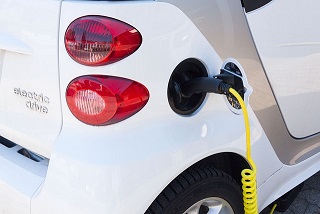Late delivery of a company car: what happens fiscally?
Car delivery times are soaring. It is not uncommon to wait for a car for (more than) 12 months. Given the various stages leading up to the 2026 tax regime, should we be concerned about the tax treatment of a company car delivered too late?
Until 1 July 2023, we are in the so-called grandfathering period. All non-ZE cars ordered before 1 July 2023 are covered by the current deductibility formula. The current maximum (100%) and minimum (50%, or 40% for cars emitting at least 200g CO2) are also maintained as long as the car does not change ownership.
Cars with non-zero CO2 emissions ordered between 1 July 2023 and 31 December 2025 are subject to the exit scheme. Here too, the current deductibility formula is maintained. However, the deductibility rate will be reduced to 0% from 2025 onwards. The maximum rate will decrease by 25% per year, reaching 0% in 2028.
However, a delay in delivery cannot be an obstacle to achieving this objective. This is because it is not the date of delivery of your car that serves as the reference point, but the time of the order (a signed order form serves as proof). Only when the vehicle changes ownership will the tax be adjusted to what is applicable at that time. In other words, as far as the tax treatment of your company car is concerned, you do not have to worry about a delay in delivery.



